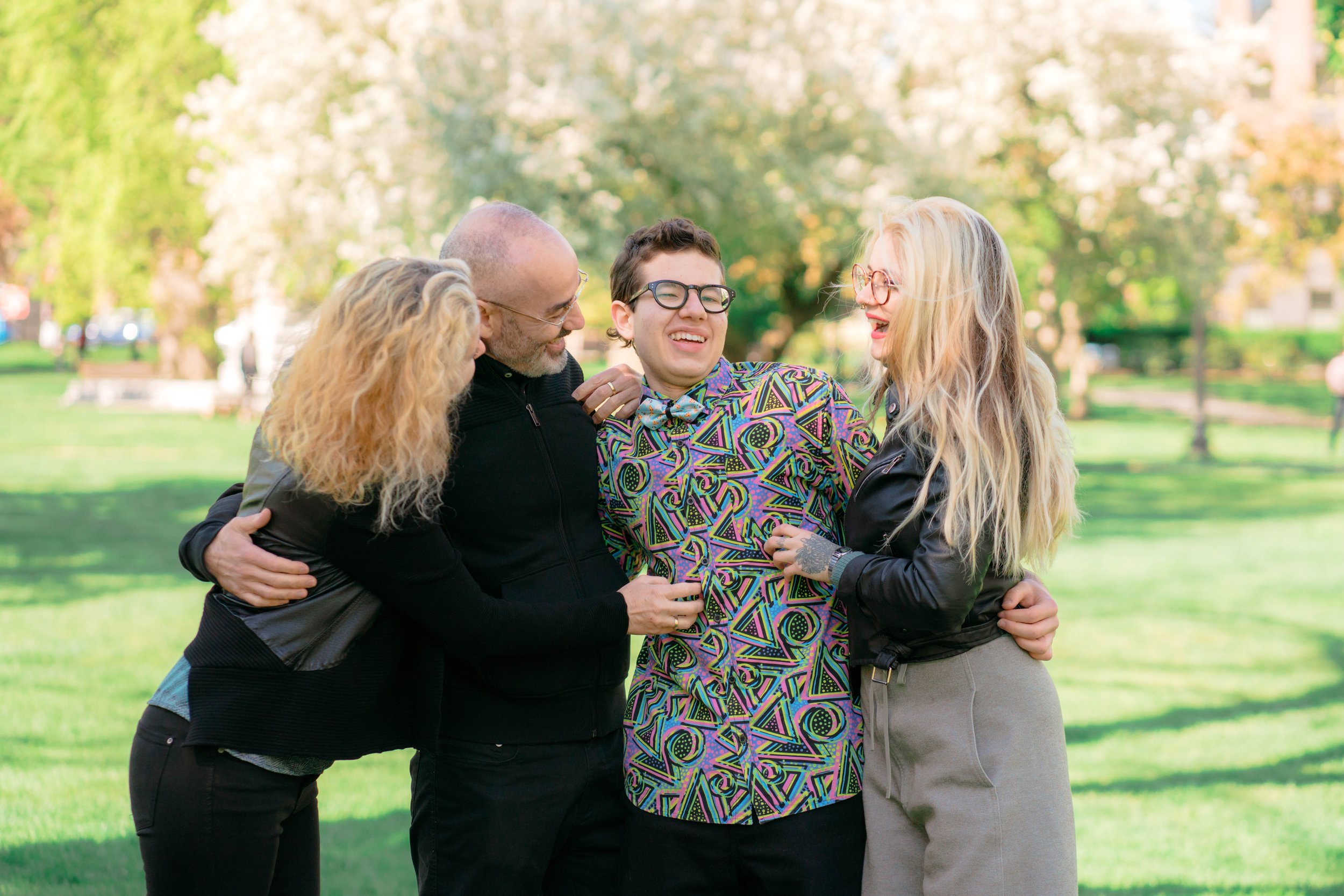
Survivor's Journey: Seeking Connections Beyond Family
At age six, Richi was diagnosed with a brain tumor, marking the beginning of a long and challenging journey. As a result of the aggressive and toxic treatments he endured, Richi experienced a long list of side effects that have significantly impacted his life. While his loving family has always been by his side, providing unwavering support and comfort, Richi's isolation has been an unfortunate consequence.
Battling Isolation: The Struggle To Overcome Loneliness For Children And Adolescents Affected By Cancer
Countless other children and adolescents like Richi face the isolating effects of childhood cancer and its treatments. Many of these survivors find themselves longing for connections beyond their immediate family, seeking friendships and understanding from those who have shared similar experiences. Establishing these personal bonds can be vital in helping them cope with the physical, emotional, and psychological challenges that come with being a survivor.
Understanding The Impact Of Treatment Side Effects On Isolation
Treatment Aggressiveness And Toxicity
Aggressive and toxic treatments for childhood cancer can lead to a wide range of side effects that significantly impact a patient's life. These side effects often contribute to feelings of isolation and make it challenging for individuals to connect with others.
Cognitive And Learning Challenges
Common side effects include changes in attention span, concentration, comprehension, learning disabilities, memory problems, and executive functioning. These cognitive challenges can create barriers to social interaction and hinder the development of relationships.
Physical Limitations And Barriers
Physical side effects such as hearing/vision loss, musculoskeletal development issues, hormone disorders, organ damage, and infertility can compound feelings of isolation. These limitations can make it difficult for individuals to participate in activities and connect with their peers.
Emotional And Psychological Struggles
Patients and survivors may also experience post-traumatic stress disorder, heightened reactions, anxiety, depressed mood, and fear of other illnesses. These emotional and psychological struggles can create additional barriers to forming meaningful connections.
The Unique Challenges of Central Nervous System (CNS) Tumors
Central nervous system tumors, including brain and spinal cord tumors, present unique challenges for patients and survivors. The severity of side effects and their impact on daily life can lead to extreme loneliness and isolation.


